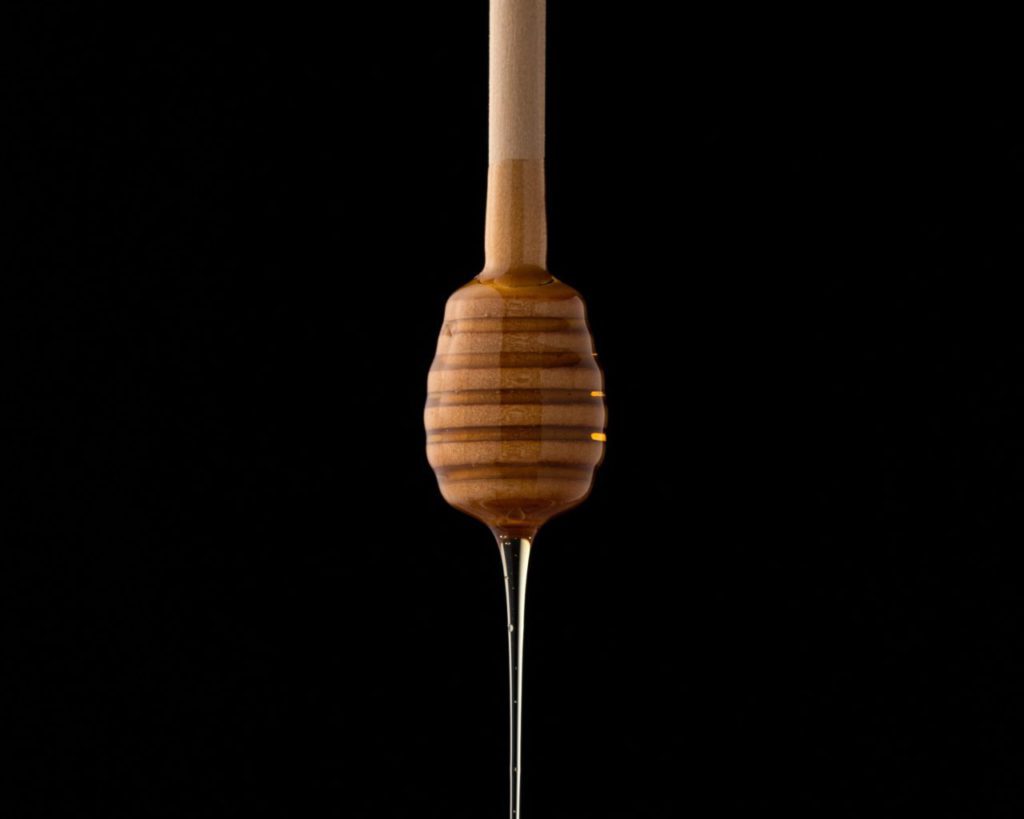The concept of semen retention has been growing in online popularity for the past few years. This has allowed more people to learn this ancient technique practised for generations in certain cultures.
But what is semen retention all about? Let’s understand the science behind it and weigh the pros and cons to see if it’s right for you.
What is semen retention?
Semen retention is the practice of avoiding ejaculation through physical or psychological means.
Depending on the technique of interest, semen retention can occur by intentionally rerouting ejaculation or abstaining from sexual activity altogether. These methods require a synergy of muscle and self control.
Where did semen retention begin?
The practice of semen retention has been around for thousands of years in ancient Chinese and Indian cultures. It is a traditional practice passed down from one generation to the next in an effort to retain physical and spiritual energy in the body.
For example, in Taoism, semen is believed to contain the positive male life force important in maintaining wellness and vitality.
What happens if you hold your sperm in?
In a typical scenario, your brain receives a signal upon climax to stimulate ejaculation. The semen travels into the penis with the help of your pelvic nerves before it is released.
Sperm retention interrupts the expulsion process of ejaculation, and the semen is rerouted into the bladder. During sexual abstinence, on the other hand, unreleased sperm is broken down and reabsorbed as nutrients.
Despite popular understanding, semen retention and orgasm aren’t mutually exclusive, so holding your sperm in will not affect your sex life or fertility. However, do communicate with your partner to understand what’s comfortable for both of you.

Benefits of not ejaculating
Why do so many men avoid ejaculating? Here are some changes men have noticed in their physical, mental, and spiritual health after practising semen retention.
Physical health
Clinical studies from 2001 and 2002 have shown that short-term sexual abstinence of one to three weeks results in an increase in serum testosterone in men.
The health benefits associated with higher testosterone levels include:
- Enhanced sexual pleasure
- Improved fertility
- Increased energy and stamina
- Increased sperm motility
Mental health
Men who practise semen retention notice a clearer mind and better concentration after 30 days. The answer might be the increased synaptic zinc levels that come with it.
The human body loses approximately 1 milligram of zinc with every ejaculation. Zinc, a mineral that manages dopamine levels in the brain, is known to help with memory, and focus, and reduce the risk of mental disorders like anxiety and depression.
Spiritual health
Some men believe that semen retention has allowed them to focus more on other aspects of life and have a higher degree of self-discipline.
By not ejaculating, they’re able to build stronger and deeper relationships with their partner and themselves. It becomes easier to find harmony between physical and emotional connections when one puts less focus on physical intimacy.
Side effects of semen retention
Despite the many wonderful changes that men have noticed after committing to sperm retention, there are a few possible risks of this practice.
For some people, sexual intercourse without ejaculation might be uncomfortable as it results in epididymal hypertension, or “blue balls” in layman’s terms. Epididymal hypertension occurs occasionally when man’s sexual arousal doesn’t end with ejaculation or orgasm. However, it only takes a few minutes to an hour for this unpleasant sensation to pass.
Besides this, not ejaculating for a long time might result in difficulty ejaculating when you finally decide you want to. Nonetheless, men can usually enjoy a healthy sexual relationship as this condition isn’t detrimental.
How to practise semen retention safely?
Now that you understand the pros and cons of semen retention, here are several popular techniques men use to avoid ejaculation.
Sexual abstinence
Some men prefer to avoid sexual intercourse for anywhere between days to months as a form of sperm retention. This method involves a lot of self-discipline and dedication to succeed.
On the contrary, other techniques emphasise muscle control and require more physical training to pull off.
Kegel exercises
Strengthening your kegel muscles can help you gain better control of your pelvic floor muscles during sex. It can even make orgasm feel better for some.
- Find your pelvic floor muscles by trying to stop urinating mid-stream.
- Once you’ve located the right set of muscles, try flexing them for 3 seconds and relaxing for another 3. You can do this while sitting, standing, or lying down.
- Repeat this movement 10 to 20 times, 3 to 4 times daily.
- Once you get the hang of it, you can gradually try to hold up to 30 seconds for each contraction.
Right before climaxing, squeeze your pelvic floor muscles to reach an orgasm without the need to ejaculate. Keep the rest of your body relaxed for better results.
Dry orgasm
This method is often used together with kegel exercises to achieve the desired effect. Apply pressure on the head of the penis for a few seconds or until the urge to ejaculate passes. Breathing slowly and deeply may help ease the experience as it occurs.
Stimulate retrograde ejaculation
Even though rerouting semen into your bladder before ejaculating may not be an ideal way of practising semen retention, many men still stand by this method.
To do this, relax your buttocks and legs when you feel an orgasm approaching. Then, apply pressure on the perineum (the area between the anus and the scrotum) while taking long, deep breaths. This will send your semen into the bladder to be excreted the next time you urinate.

How often should you ejaculate?
How frequently should a man ejaculate to maintain a healthy sexual lifestyle? Unfortunately, there is no simple answer to this question.
Sperm quality and motility vary from person to person, not to mention sex drive and emotional availability. However, research has found that men who ejaculate 2 to 3 times a week have 45% less risk of developing heart issues than those who do so once a month.
One study suggests the ideal sexual abstinence interval to be 7 to 10 days for maximum sperm motility. If you’re looking to conceive, you might want to avoid having sex for at least 7 days before your partner’s expected ovulation.
Treatment that improves sperm health
The prostate gland produces seminal fluid that nourishes and transports sperm during ejaculation. Thus, prostate-related issues may compromise a man’s sexual health.
There are a variety of oral medications that help promote prostate health and men’s sexual wellness.
These medications help to:
- Enhance prostate function and urinary system.
- Boost testosterone levels.
- Promote bone health.
Conclusion
There are many reasons why men choose to commit to semen retention. Even though there are risks to this practice, it is safe to say that the pros far outweigh the cons.
We hope our guide has helped you understand the long history of this ancient tradition and how oral medications can aid this process.
This article is for informational purposes only and does not constitute medical advice. The information contained herein is not a substitute for and should never be relied upon for professional medical advice.
Book a consultation with andSons Malaysia’s medical team to learn more about sexual health and the available treatments.


